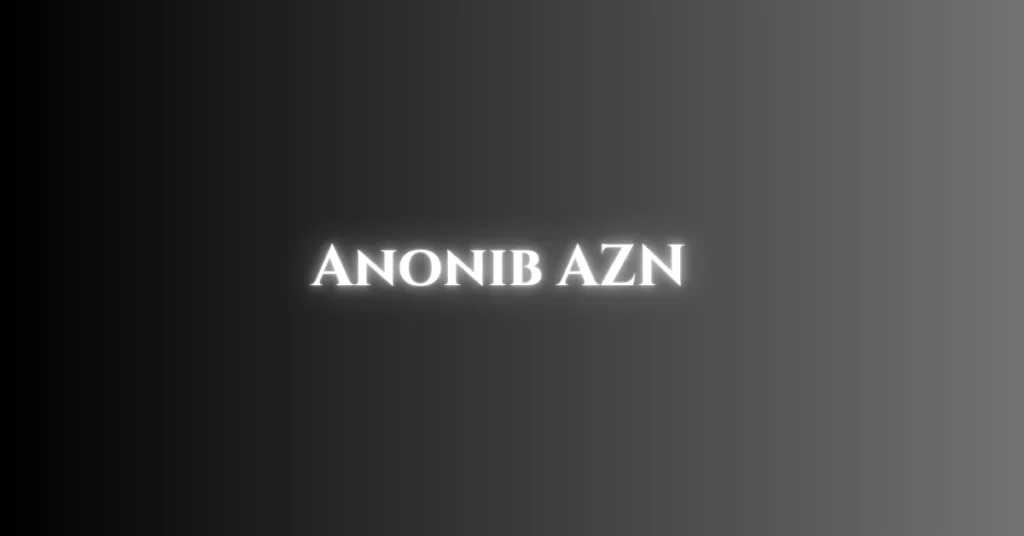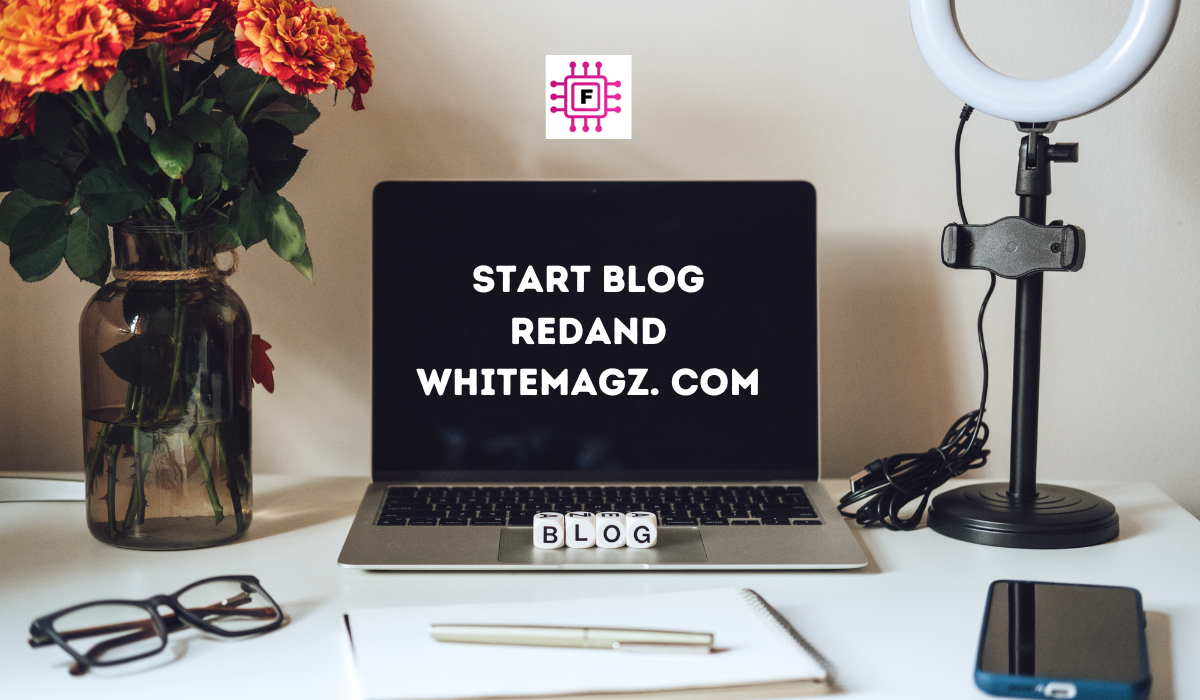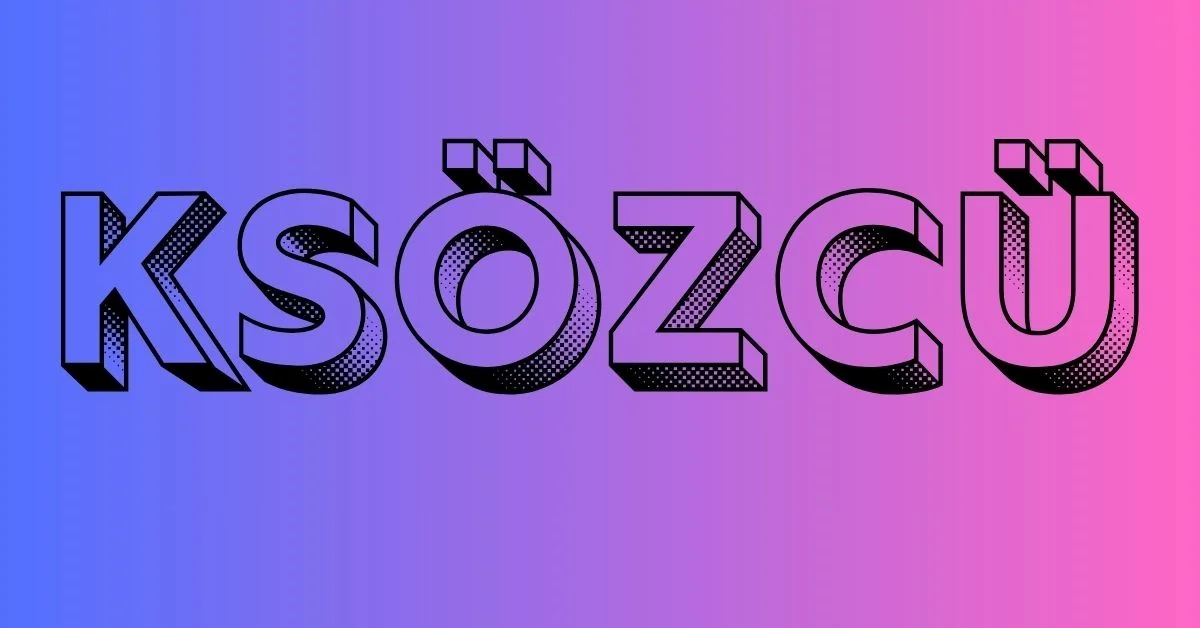Anonib AZN is a subsection—commonly tagged “AZN” for Asia—of a network of anonymous image boards similar to the infamous Anon‑IB. These unmoderated platforms allow users to post images, often explicit, anonymously and without meaningful oversight. While some may use them consensually, many become a space for non-consensual uploads, revenge photos, and content shared without the subject’s awareness.
What Is Anonib AZN?
Anonib AZN functions much like Anon‑IB, but specifically caters to Asian-themed content. According to recent platform guides, it emphasizes anonymous posting, location‑based boards, and minimal moderation Its appeal lies in unrestricted access and a user‑driven structure: no real identities, no accountability.
How It Works — Anonymity & Structure
These anonymous image boards typically feature:
-
Location-Based Boards: Forums categorized by country, state, city, or university, enabling users to request content “of local people.”
-
Anonymous Posting: Uploads are made without user accounts, ensuring that content cannot be traced directly back to an individual.
-
Minimal Moderation: Although many sites claim to ban underage content or personal data, moderators often cannot fully enforce these rules, leading to sensitive and harmful material slipping through.
What People Share — Content & Practices
Anonib AZN users often engage in:
-
Posting Nude or Sexual Photos: Images labeled as “wins”—a slang term for nude photos. Frequently posted without consent, sourced from social media or private exchanges.
-
Requests for Specific Individuals: Users post a person’s headshot and ask the community to upload more personal photos. This is especially true in local boards—targeting individuals from specific universities or cities.
The Appeal — Why Users Visit
Several factors make these sites appealing to certain users:
-
Total anonymity: Without accounts or personal tracking, users feel they can post anything without fear of reprisal.
-
Voyeuristic access: People get to see images of friends, co‑workers, or local acquaintances. There’s often a thrill attached to discovering private photos of someone they know.
-
Peer‑driven content: boards thrive on user uploads and requests, setting them apart from curated social media or mainstream porn sites.
Risks & Dangers
Legal Concerns & Revenge Porn
Anonymous image boards often host non-consensual or revenge content. Many jurisdictions classify this as a crime—particularly when it involves “intimate images.” However, anonymity and offshore hosting make enforcement difficult. Even when law enforcement is aware, investigation is often limited .
Personal Privacy & Consent
Posting someone’s photos—especially personal or semi-nude images—violates privacy and consent. Often, individuals are unaware their pictures are being shared. Case studies show victims discovering their photos posted in those locations and receiving no response to takedown requests .
Malware and Cybersecurity Threats
Anonymous sites come with serious cybersecurity risks. Without moderation, they frequently host phishing links, malicious ads, or downloads leading to malware. Recent guides emphasize the importance of vigilance when browsing such platforms .
Social and Cultural Impacts
These image boards erode trust and reinforce toxic online behavior. They normalize non-consensual sharing and disempower victims. Research shows these platforms have fueled rises in incel-driven harassment and influenced ideological extremism during periods like the COVID‑19 lockdowns .
Law Enforcement & Moderation
In 2018, Dutch authorities seized Anon‑IB; similar sites have popped up repeatedly. The servers are often transferred to jurisdictions beyond enforcement reach . Victim advocacy groups have fought for takedowns, but platforms regularly re-emerge under new domains .
Alternatives and Safer Platforms
While no anonymous board offers safe content, users should consider ethical alternatives:
-
Consensual Image-Sharing Platforms: Services requiring consent for uploads and verified identities.
-
Moderated Community Sites: Platforms with strong privacy policies and active moderation.
-
Legal Pornography Sites: Reputable services with licensed content, age verification, and user protections.
FAQs
1. Is visiting Anonib AZN illegal?
Simply browsing is unlikely to break laws. Posting non-consensual content can be illegal under “revenge porn” or privacy statutes in many areas.
2. What happens if I accidentally view illegal content?
Casual viewing isn’t typically prosecuted—but possessing or distributing explicit images, particularly of minors, can lead to legal trouble.
3. Can victims get their images removed?
Sites sometimes honor takedown requests, but most don’t, and enforcement is limited. Legal action may be difficult due to anonymity and hosting in uncooperative jurisdictions.
4. How can one stay safe if they stumble upon these sites?
Avoid downloading or clicking links, use antivirus software, enable ad blocking, and consider VPN anonymity. Most importantly, do not share private images online.
Conclusion
Anonib AZN is part of a broader ecosystem of anonymous image boards that prioritize unregulated image sharing often without consent. These platforms pose serious privacy, legal, and digital safety risks—for users and victims alike.
While a small group may find solace in anonymity, the broader societal consequences—privacy breaches, normalization of digital harassment, and legal murk—are significant. Choosing legitimate, consent-based platforms provides safer, ethical alternatives in an increasingly complex digital landscape.
If you or someone you know has been victimized, consider contacting authorities, seeking legal advice, and using advocacy


